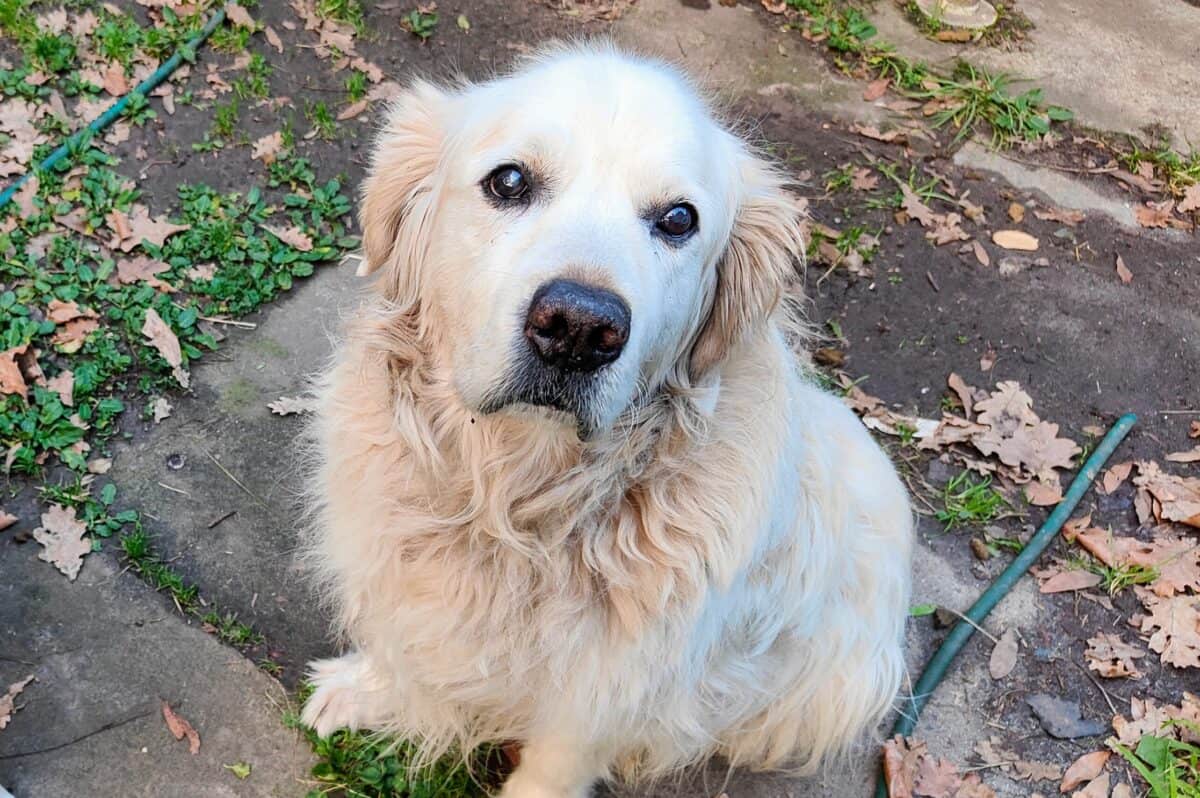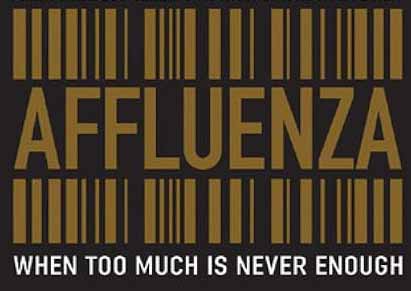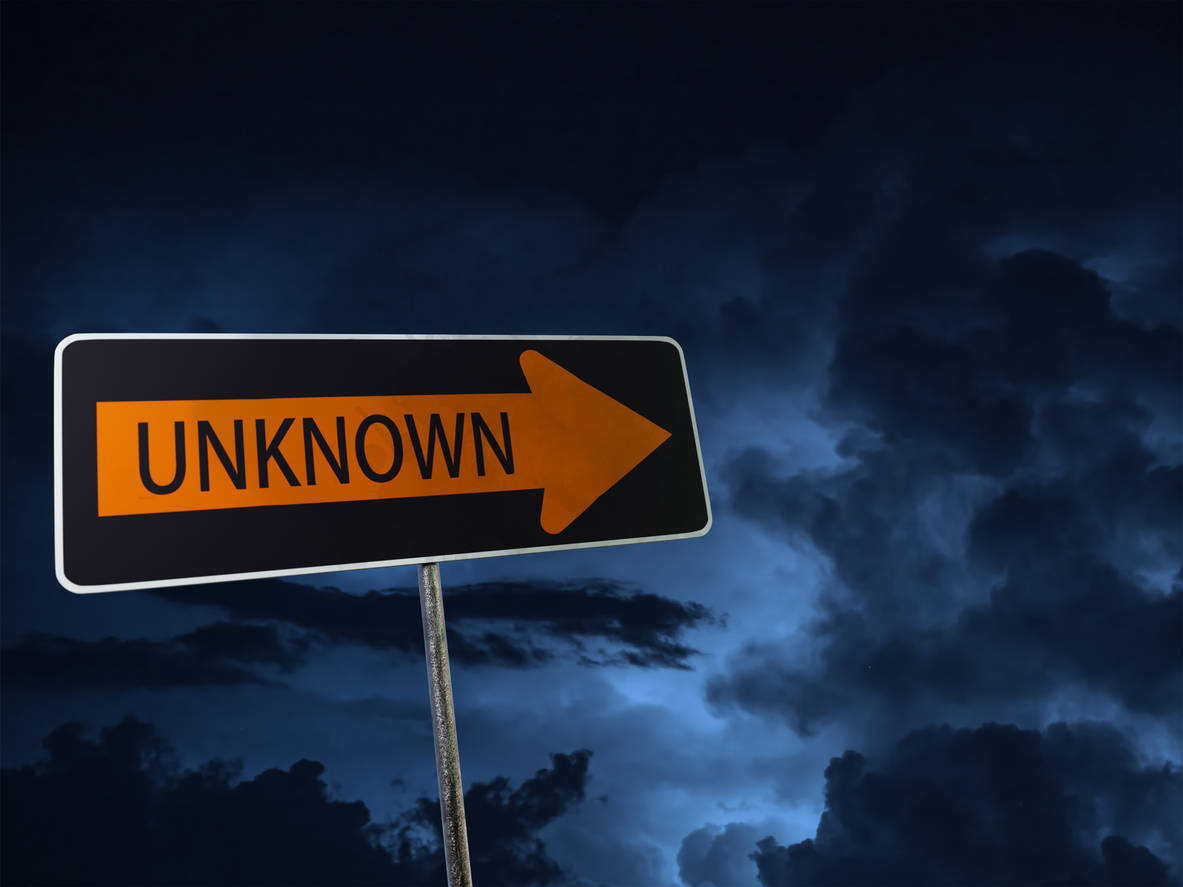The occupational health and safety (OHS) profession operates within the legislative context of “so far as is reasonably practicable“, that band of compliance, that non-prescriptive, performance-based flexibility offered to employers to encourage them to provide safe and healthy workplaces. It could be said that OHS was easier forty years ago because the compliance band was thinner, and in some cases, compliance was determined by specialist OHS inspectors on the day of the visit.
Today, that compliance band fluctuates and can be affected by community values and expectations, as shown in a recent discussion about sexual harassment at Australia’s Fair Work Commission.







